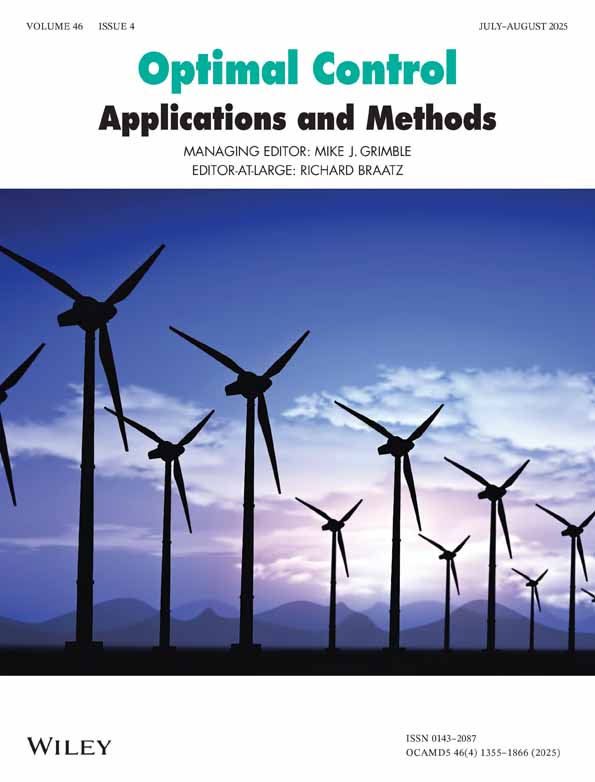A Nash Differential Game Approach in Observer-Based LQR Controller Design
Funding: The authors received no specific funding for this work.
ABSTRACT
This article introduces a novel algorithm based on the Nash differential game approach for designing observer gains and developing an observer-based linear quadratic regulator (LQR) controller for systems with unknown model uncertainties. By formulating the observer error dynamics as a two-player game and defining two quadratic performance indices with infinite horizons, the Nash equilibrium is determined to optimize observer gains. The proposed approach effectively addresses model uncertainties by constructing an observer-based LQR controller for systems with uncertain dynamics. Sufficient conditions ensuring the asymptotic stability of the closed-loop system are analytically derived. Mathematical expectation is employed to address the challenges posed by unknown initial conditions in practical applications, ensuring robust performance. The applicability and efficiency of the proposed method are validated through comprehensive simulations on a two-degree-of-freedom (2-DOF) robotic system, confirming its robustness and optimal performance under uncertainty.
Conflicts of Interest
The authors declare no conflicts of interest.
Open Research
Data Availability Statement
The data that support the findings of this study are available on request from the corresponding author. The data are not publicly available due to privacy or ethical restrictions.




